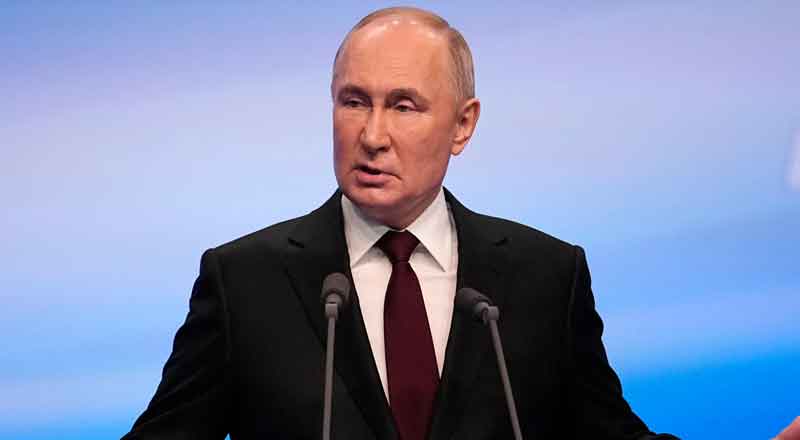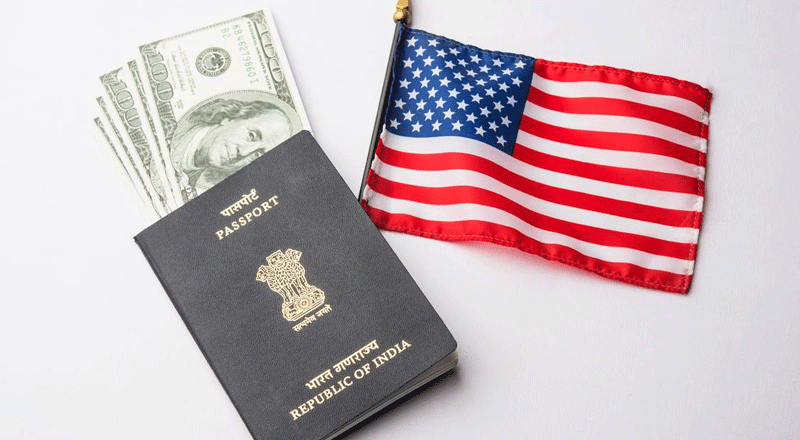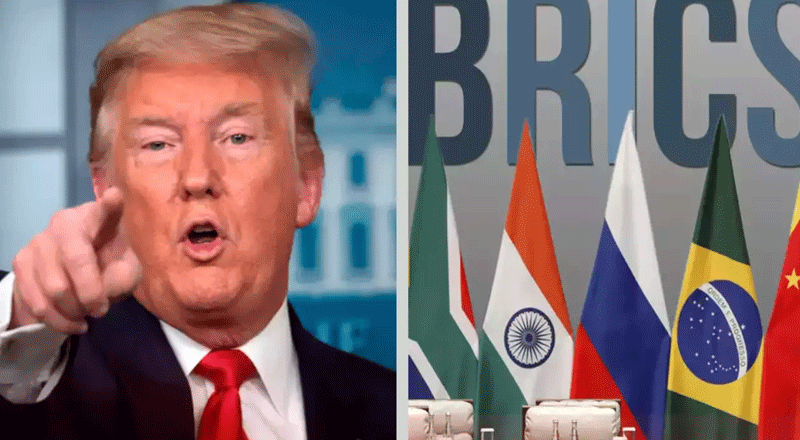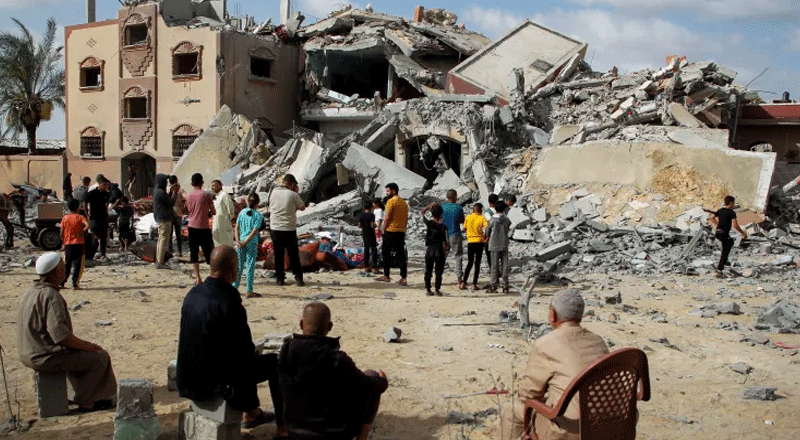-
Putin wins 74% of the vote
- New term gives Putin six more years in power
- War hung over the election
- Ukraine strikes Russia with drones and rockets
- Thousands come out for ‘noon against Putin’ protest
In a resounding affirmation of his authority, President Vladimir Putin clinched a historic victory in Russia’s recent election, solidifying his firm grip on power amidst escalating tensions with the West and the ongoing conflict in Ukraine. Putin’s landslide win, marked by a staggering 87.8% of the vote, underscores the enduring support he commands among the Russian populace, positioning him for an unprecedented six-year term.
Putin, a former KGB operative who ascended to the presidency in 1999, portrayed the election outcome as a testament to Russia’s resilience and determination in the face of Western pressure. Emphasizing Moscow’s defiance, Putin vowed to address challenges both at home and abroad, particularly focusing on what he termed Russia’s “special military operation” in Ukraine.
The election result not only secured Putin’s status as Russia’s paramount leader but also positioned him to surpass Josef Stalin as the nation’s longest-serving head of state in over two centuries. However, the legitimacy of Putin’s victory has been called into question by international observers, with allegations of political repression and censorship tarnishing the electoral process.
While Putin’s victory was virtually assured, the election witnessed a semblance of opposition, with Communist candidate Nikolai Kharitonov emerging as the distant runner-up. Yet, the shadow of Alexei Navalny, the prominent opposition figure who recently died in custody, loomed large over the proceedings, as thousands protested against Putin’s rule, decrying the lack of political freedom and transparency.
Responding to accusations of electoral malpractice and repression, Putin dismissed criticisms from the West, asserting the democratic nature of Russia’s electoral process. He condemned Western nations, particularly targeting the United States, for what he deemed as hypocrisy and interference in internal Russian affairs.
The election took place against the backdrop of heightened tensions with Ukraine, with Putin framing the conflict as a defensive response to perceived Western encroachment on Russia’s sphere of influence. As the war in Ukraine continues to escalate, Putin hinted at the possibility of establishing a buffer zone within Ukrainian territory to safeguard Russian interests.
Despite the contentious nature of the election, voter turnout surged to over 74%, signaling widespread engagement among the Russian electorate. However, reports of arrests and protests underscored the lingering dissent and discontent simmering beneath the surface, exacerbated by Navalny’s demise and the broader crackdown on opposition voices.
As Putin consolidates his power, the West remains deeply skeptical of his intentions, viewing him as an authoritarian figure bent on perpetuating his rule at any cost. Ukrainian President Volodymyr Zelenskiy condemned the election as illegitimate, echoing Western condemnation of Putin’s regime.
Putin’s victory comes at a critical juncture, with the Ukraine conflict serving as a focal point of geopolitical tensions between Russia and the West. As the international community grapples with the implications of Putin’s continued dominance, the specter of further confrontation looms large, casting a shadow over prospects for peace and stability in the region.
(With inputs from agencies)





